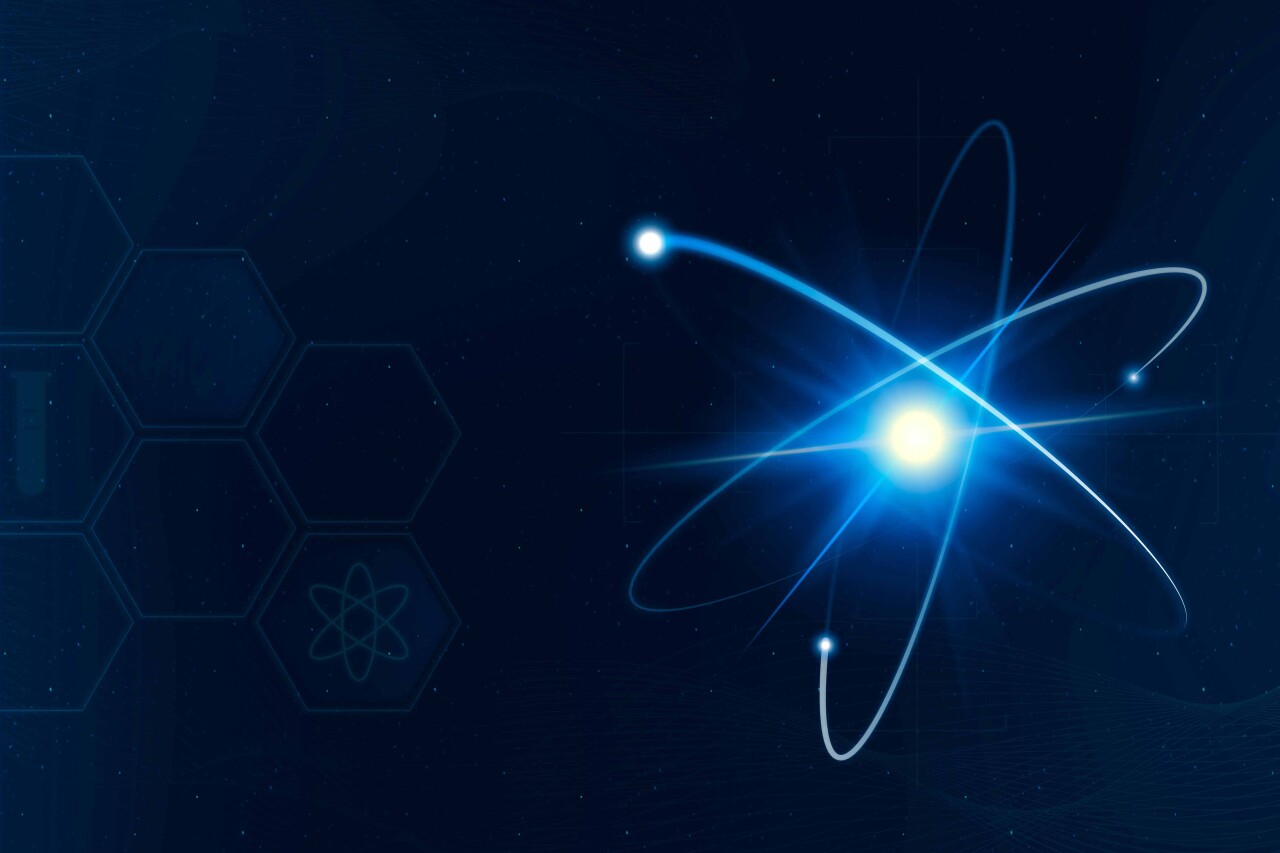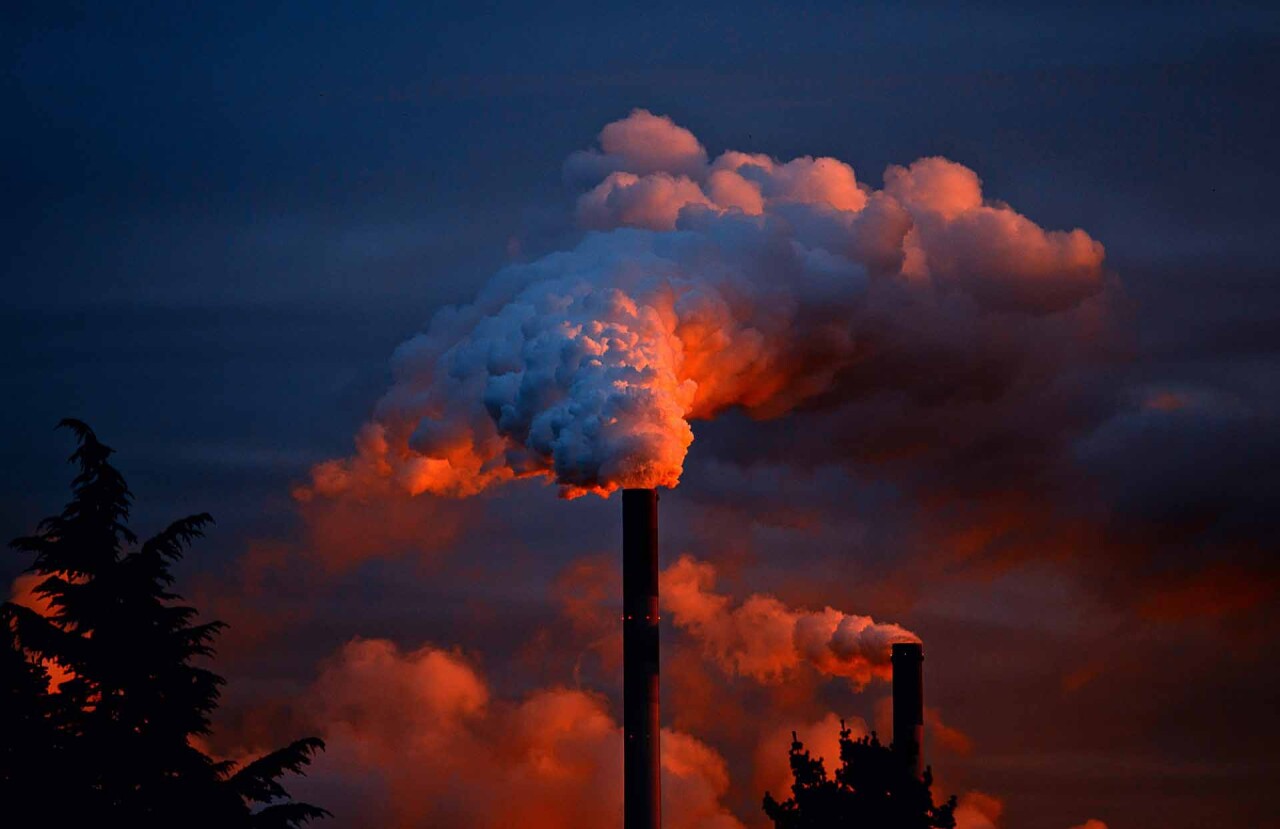The Nuclear Option
As gas prices rose to heights not seen in decades, the question of using nuclear power has come back to the public spotlight, as Dr Fatih Birol, Executive Director of the International Energy Agency (IEA) speaking at COP27 said “Nuclear power is making a comeback—and in a strong fashion.”
An organisation that could be part of this comeback, 18 for 0 (standing for 18% Nuclear for 0% Carbon), are hoping to contribute to this wider trend and continue building momentum through well-researched, expert-provided education on nuclear power.
Denis Duff, a power generation engineer and one of 18 for 0’s expert voices spoke to Amárach about nuclear power and Ireland.
“We’re a voluntary group of experts in various aspects of energy and nuclear physics and generation.”
“We formed in 2019…one of the first things we did is combine our expertise to write a preliminary study on nuclear development in Ireland.”
Mr. Duff’s expertise and 18 for 0 could indeed have an impact on a nation still undecided about Nuclear Power:
A 2021 poll by The Good Information Project/Ireland Thinks asked a representative sample of 1,200 people the question: “Should Ireland build a nuclear power station to increase clean energy supplies?” - 43% said yes and another 43% said no.
This almost even split is a far cry from where Ireland used to be, particularly after the strong public reaction to the nuclear disaster at Chernobyl and shifting opinions in the years after, which led to electricity produced by Nuclear Fission being banned in Ireland in 1999.
Mr. Duff maintains that there is no true cause for concern when it comes to possible nuclear meltdowns, like happened in Chernobyl and Fukushima, Japan.
“I suppose it’s kind of similar to the way that when the Titanic ship went down 100 years ago, people didn’t stop sailing, what they did was improve the design, improved the operation, that’s exactly the same as what’s happened with the nuclear industry and nuclear designs.” The nuclear engineer continued.
“They don’t make reactors in the way that they did for the ones that melted down. So, the current crop of reactors that will probably be most suitable for Ireland are state-of-the-art reactors, which are not new types of reactors, but they’re modifications on existing designs that consider the failures in those previous designs.”
Mr. Duff further added, “The West never designed reactors like the Chernobyl one, and even the Soviet Union changed their design after Chernobyl.”
Speaking of another infamous meltdown, Mr. Duff made clear that in Fukushima “The reactors there were designed on paper in the 1950s”.
Despite all this, modern opposition for the prospects of Irish Nuclear Energy have surfaced in the form of groups like Friends of The Earth Ireland.
In an email exchange with Amárach, the group restated their group’s strongest reason for opposing Irish Nuclear power: nuclear waste.
“60 years since we entered the nuclear age and not one country has yet developed a repository for the safe long-term storage of high-level radioactive waste. Waste that has to be kept safe, without leaks, for over 200,000 years; twice as long as homo sapiens have been on Earth.”
Mr. Duff fought back against this position saying:
“...the spent fuel is initially very radioactive when compared to the reactor, it’s put into a cooling pump. A minimum of five years and more likely, more than 10 years, until it isn’t producing as much heat and the radioactivity has died down to a level that becomes easier to manage.”
Continuing “and from there, they then effectively transfer it into well-engineered casks, they are then able to be stored above ground where the natural radiation you would get from standing right beside one of these wouldn’t be significantly more than normal, everyday, background radiation, you can stand beside it without radioactive protection equipment”.
Friends of the Earth Ireland however have raised other concerns regarding nuclear power.
He notes that the vitriol and debate it inspires might distract from other renewable solutions:
“The nuclear option would suck in all the money and time we have for tackling climate and energy. It would be a huge distraction and everything else, especially investment in renewables and conservation, would get sidelined.”
Mr. Duff admitted that nuclear power generation was not risk-free and that there would need to be a balance of risk.
He remained insistent however that as part of this balance of risk “there’s also the risk of doing nothing, in that we’re on a trajectory of continuing to increase our emissions, even in Ireland, never mind globally”.
Mr. Duff also explained that the poorer parts of the world would “generally take the brunt of the emissions”.
Mr. Duff further explained saying:
“While poorer countries almost always have fewer resources and weaker infrastructure, making them more vulnerable to the effects of climate change.”
“it is more advantageous to people to have the nuclear than not to have it” he finished.
To those unsure about Nuclear Mr. Duff advised: “identify what parts of nuclear energy make them unsure about it, do a bit of reading and educate themselves about it.”

